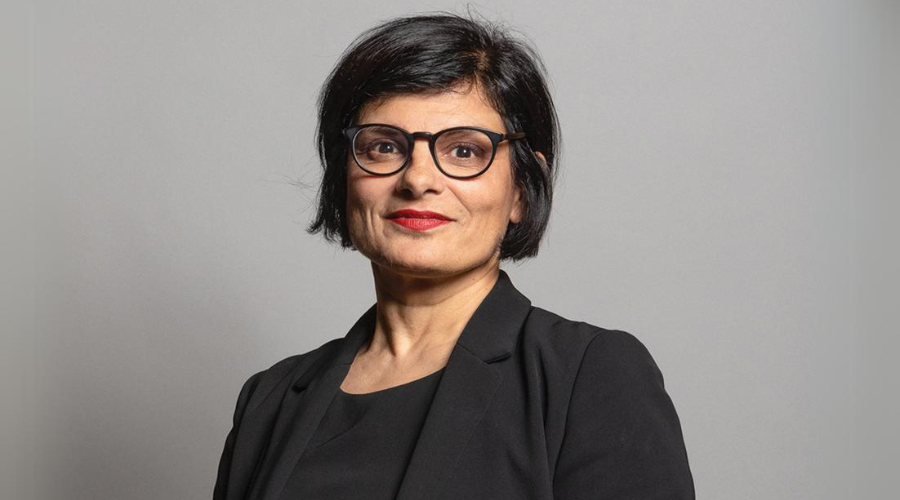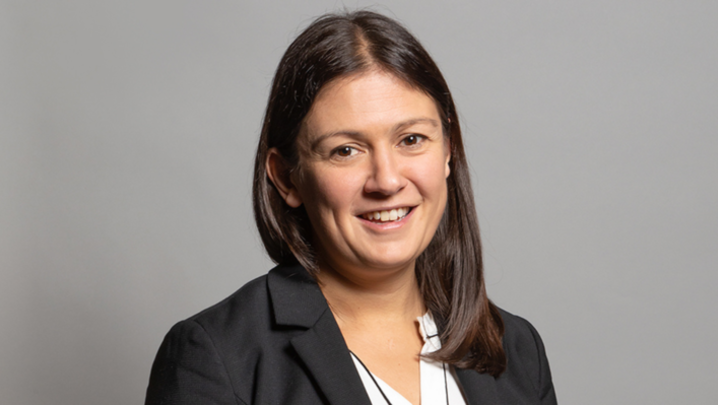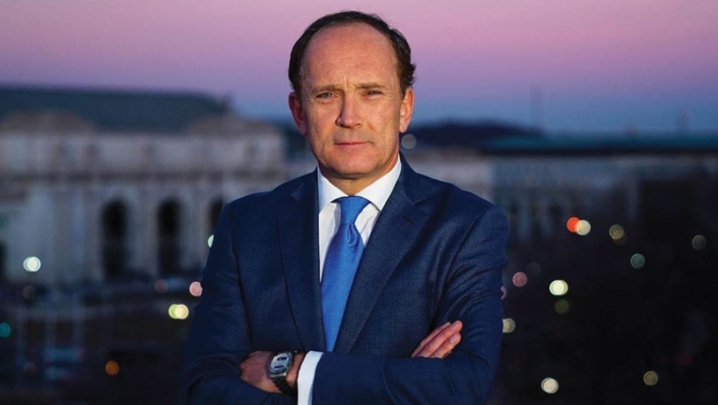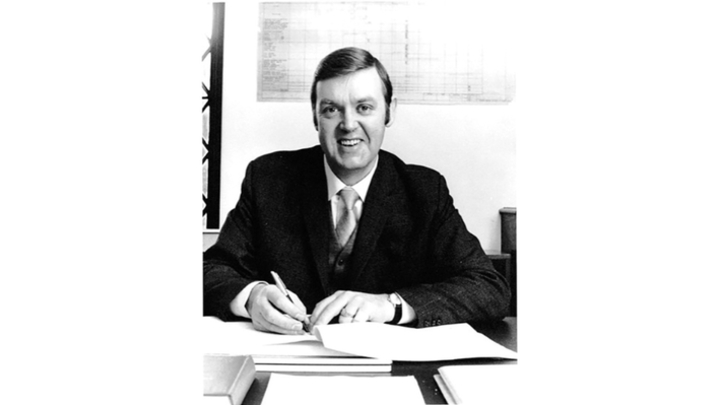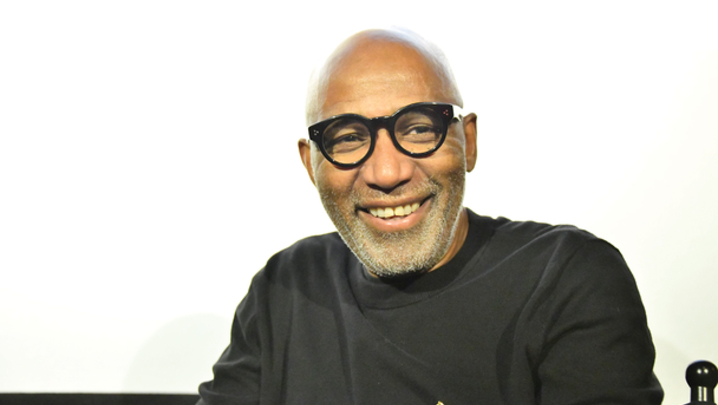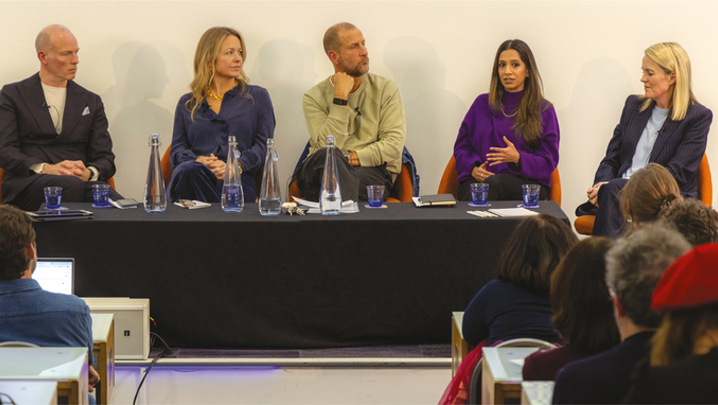Steve Clarke profiles Thangam Debbonaire, the cello-playing shadow culture secretary who believes in the power of music to change lives
If Keir Starmer’s triumphs at the polls on 4 July, Thangam Debbonaire is set to become the Labour Party’s first Secretary of State for Culture, Media and Sport in 14 years.
No one who works in broadcasting needs any reminding that the 14 years of Conservative administrations have seen no fewer than 12 culture secretaries, ranging from the first and longest serving, Jeremy Hunt, who held the post for two years, to the present minister, Lucy Frazer, whose willingness to engage with the creative industries has won her admirers across the sector.
Debbonaire was asked last October if she would commit to spending a full parliamentary term at DCMS. Her reply was unequivocal: “I’m intending to be in this job for the long haul. That’s Keir’s plan. And that’s my plan.”
So, as the election campaign gains momentum, who is Thangam Debbonaire? In recent months, as MP for Bristol West she studiously played her part in Labour’s carefully calibrated charm offensive directed at the movers and shakers in the arts and media.
The Labour Party said, at its Creatives Conference on 14 March, that it aimed to make the creative industries central to a decade of national renewal and a key driver of economic growth. Clearly, this is easier said than done, having eluded five successive Conservative PMs as Brexit, Covid and war in Ukraine rocked their administrations.
One of Debbonaire’s mantras is that the UK’s public service broadcasters create “wealth, jobs and joy”. This is not the kind of sentiment you expect to hear from a Conservative government who many hold responsible for leaving the BBC with no choice other than to make big cuts at a time of rampant inflation.
So, how does she see the role of culture secretary at this difficult time? To quote TV presenter turned diversity campaigner Floella Benjamin, the TV industry “is in turmoil, facing new technology, cuts and unemployment, so government must provide creative survival solutions as we navigate this rapidly changing landscape”.
In the past, Debbonaire has described herself as “a northern European socialist – a democratic socialist” who supports “fettered capitalism”.
Many culture secretaries are Oxbridge-educated lawyers, but she breaks the mould. Unusually, for a senior politician, Debbonaire’s background encompasses working in the arts as a performer. “I believe in culture, not culture wars,” she likes to say
“Thangam is very sincere,” opined Pact CEO John McVay, who attended the Labour event in March. “She’s from the creative economy and I think she has a real passion for it.”
The shadow culture secretary is a former professional cellist, who learnt to play aged four; she went on to play with the Royal Liverpool Philharmonic Orchestra. She still plays in a Parliamentary string quartet, the Statutory Instruments
Both her parents were music lovers; her father came to England on a one-way ticket from India and met her English mother at the Royal Academy of Music. When she was invited by Starmer last year to become shadow culture secretary, she is reported to have literally danced for joy.
She attended two private schools, Bradford Girls’ Grammar School and Chetham’s School of Music. Debbonaire left Oxford – where she read maths – before graduating. While at Oxford, she also attended the Royal College of Music.
Her education continued at Bristol University, where she gained a post-graduate degree in management, development and social responsibility. In her twenties, she changed her name by deed poll from Singh to Debbonaire, the name borrowed from a relative from her first marriage.
Aside from music, much of her career before being elected as an MP in 2015 involved organisations dedicated to child protection and helping women who had suffered from abusive relationships. She has co-written two books on domestic violence.
'If we didn’t have the BBC and the public service broadcast sector, we’d want to invent it'
Debbonaire is married to the performer Kevin Walton, who trained at the National Youth Theatre. He is a director of Ark Stichting, a Dutch charity that assists children with special educational needs. In 2017, Debbonaire held what is believed to be the UK’s first constituency surgery for people on the autism spectrum.
Asked about her own cultural life, Debbonaire told Television that she is a huge admirer of the BBC. She enjoys Radio 3 and approves of the changes that the newish Controller Sam Jackson has introduced, including such innovations as bringing a Northern Soul night to the Proms and introducing regional concerts.
“Why shouldn’t Jools Holland be on Radio 3?” she said. “Radio 3 should be accessible to everyone, not only traditionalists like me. We need gateways to classical music.” She is a regular listener to Classic FM and BBC Radio 4, and starts her day with Today.
Her viewing choices include Happy Valley (“Nostalgia city for me,” having grown up in Hebden Bridge), Shetland, Ted Lasso, Slow Horses – and, no surprise here, Mr Bates vs the Post Office, which she said was “humbling for us politicians. It showed the power of storytelling to bring about change.”
She may be into Tchaikovsky but she is also a big Talking Heads fan. “It was literally the first piece of vinyl I ever bought. Actually, the albums Remain in Light and Fear of Music remain my two favourite complete works of music – apart from Schubert,” she told the New Statesman in 2021.
During treatment for breast cancer shortly after she was first elected an MP, Debbonaire said that listening to classical music aided her recovery.
As to the key question of long-term BBC funding should Labour win on 4 July, she said she would “look at all the available options” for post-2027, when the BBC charter is renewed.
“I love the BBC. I think it’s an amazing institution. If we didn’t have the BBC and the public service broadcast sector, we’d want to invent it,” she said. “It’s the biggest commissioner of the creative industries and hugely important in terms of Britain’s soft power.
“Of course, we want it to continue as a universally funded public service broadcaster, but we need the funding to be sustainable.
“We know that several hundred thousand fewer people pay the licence fee now than did several years ago and that successive Tory governments have made the BBC’s finances increasingly pressured.
“So, we’re going to have to look at all the available options. However, we’re committed to maintaining the licence fee over the current Charter period.
“We know that there are challenges, but I don’t want a two-tier system. I want a system that maintains the free-to-air approach. I know that lots of ideas about future BBC funding have been chucked around, such as advertising. That would decimate the rest of the PSB sector that is already struggling with declining advertising revenues.”
If Labour wins the election, she aims to secure better working terms for freelancers, and introduce rules to ensure they are paid promptly.
Many political commentators believe that the biggest challenge of all, should Labour triumph at the polls on 4 July, is fostering an environment in which economic growth is the default setting for the British economy.
“A Labour government will need growth in the economy,” said McVay. “We’re a high-growth sector, so what she can do to help us grow more is not only good for us, it’s good for the country. I’ve spoken to her about that, and she gets it.”
He added: “The Secretary of State’s job is to corral governments. Their job is to say: ‘There’s an opportunity here or there’s a problem. This is serious and important for the country. I’m going to do what I can to get that over the line.’
“Successful ministers are the ones who can do that. If Labour is elected, I sincerely hope that Thangam has that ability, because that’s what we want.”
And, in case you wondered, Thangam is Hindi for “golden; full of joy; precious”. If the July election goes Starmer’s way, his culture secretary may have an opportunity to live up to her name.

